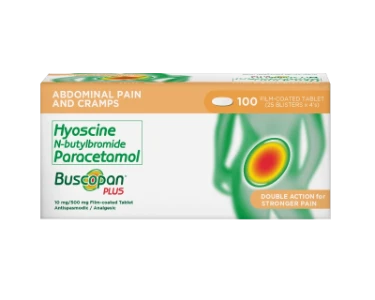Stomach cramps are often associated with indigestion, menstrual cycles, and food poisoning, all of which we've probably all been guilty of at some point. While these are certainly triggers, we also uncover some disturbing insights that challenge the stereotypes we associate with what causes stomach cramps.
Stomach cramps can also be linked to conditions such as irritable bowel syndrome (IBS) and inflammatory bowel diseases (IBD), like Crohn's disease and ulcerative colitis, which affect millions of people globally. Stress is another significant factor, as it can interfere with digestive function, leading to painful cramps and discomfort. Additionally, specific food intolerances, such as lactose or gluten intolerance, can trigger cramps, even when one might not immediately recognise the connection.
Overview of common triggers of stomach cramps
Understanding the common triggers of stomach cramps can help you identify the underlying causes of abdominal pain and take appropriate action. Here are some of the main factors:
- Indigestion: Often caused by overeating, eating spicy foods, or eating too quickly, indigestion disrupts the digestive process and can lead to painful cramps.
- Menstrual cycles: Many women suffer mild pain from cramps during their menstrual cycles. This pain is usually due to the uterus contracting to shed its lining.
- Food poisoning: Eating contaminated food can introduce harmful bacteria into the body, causing severe stomach cramps as the body tries to expel the toxins.
What causes stomach cramps? A distorted point of view
While indigestion, menstrual cycles, and food poisoning are often the most common causes of abdominal pain and cramps, several lesser-known facts about these conditions may challenge what you think you know. For example, indigestion is not always caused by what you eat; stress and anxiety can significantly affect your digestive system, leading to more pain and worse cramps. The gut-brain connection means that your mental state can directly affect digestion.
Understanding these subtleties can provide a more nuanced approach to diagnosing and treating stomach cramps, making it easier to identify the true underlying causes of belly pain and treat them effectively. In many of these cases, Buscopan® can be an effective option—it works by relaxing the muscles of the digestive system to quickly ease cramps and spasms, offering fast-acting relief.



.webp 0w)
.webp 0w)








.webp)
.webp)


